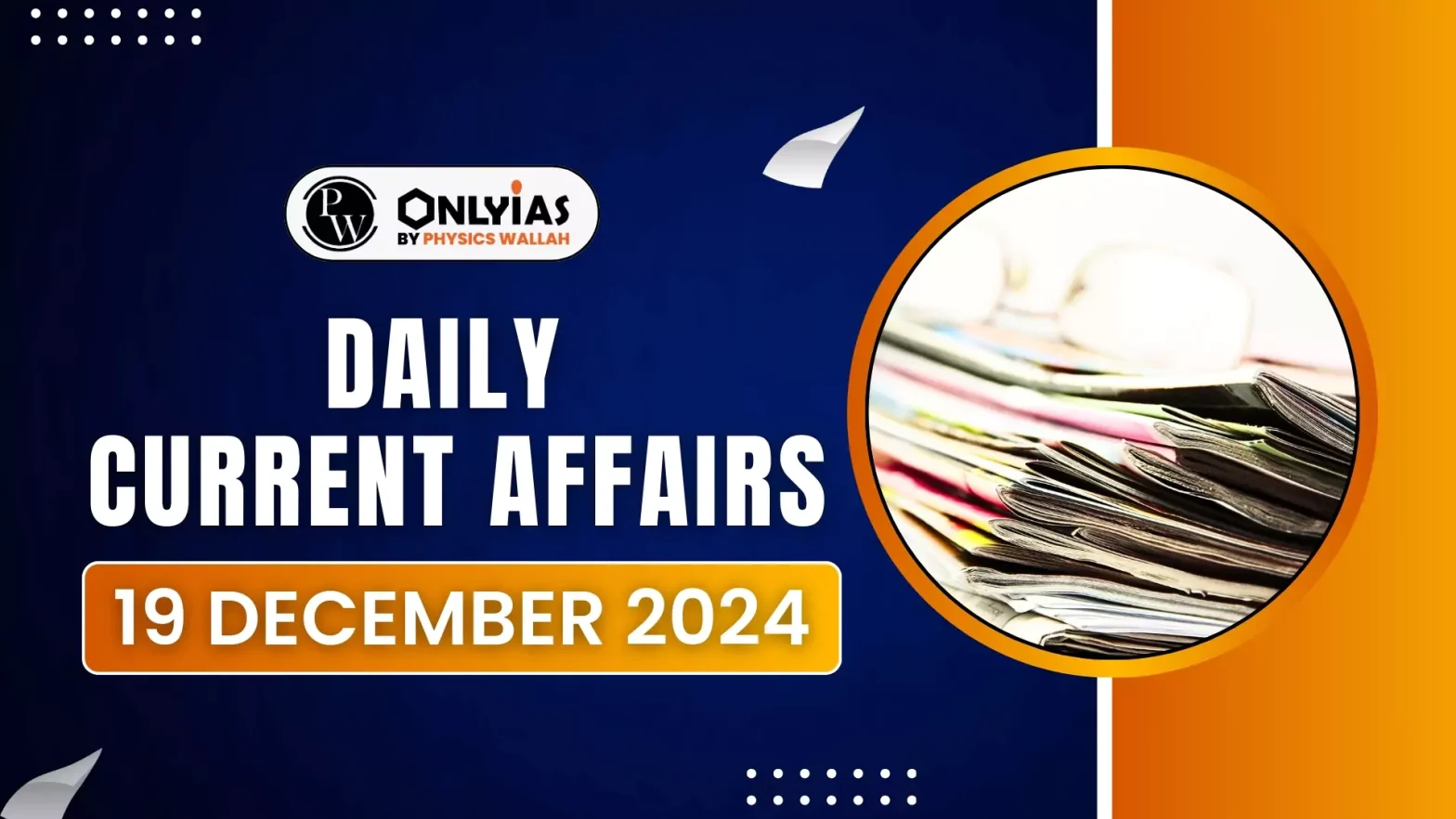Recently, A privilege notice was submitted by the Parliamentary Party Leader of Trinamool Congress in the Rajya Sabha, against Union Home Minister Amit Shah.
- This notice was filed under Rule 187 of the Rules of Procedure and Conduct of Business in the Council of States (Rajya Sabha).
- Rule 187 is related to submission of privilege notices.
- It allows members of the Rajya Sabha to raise questions involving a breach of Privilege ( of a member, Council, or Committee).
Enroll now for UPSC Online Course
What is a Privilege Notice?
It is a formal complaint submitted by a member of Parliament against another member or an external entity for allegedly breaching parliamentary privileges.
- Importance of Privilege Notices
- Protects MPs/MLAs from external interference.
- Maintains the dignity and authority of the legislature.
- Ensures smooth functioning of legislative processes.
- Privilege Notice: Constitution vs. Parliamentary Rules
- Constitutional Basis
- Not Explicitly Mentioned: The Indian Constitution does not specifically mention the term “privilege notice.”
- Articles 105 and 194:
- These articles form the legal basis for parliamentary privileges, such as freedom of speech within Parliament and immunity from legal actions for actions carried out within the House.
- They provide the necessary powers and privileges for the functioning of the legislative body but do not go into the specifics of privilege notices.
- Parliamentary Rules
- Explicit Mention: The procedures for handling privilege notices are outlined in the parliamentary rules.
What Are Parliamentary Privileges?
- It is a Special rights and protections given to MPs and MLAs to perform their duties freely.
- Purpose: To ensure independence of legislative work without interference.
- Examples of Privileges:
-
- Freedom of speech during legislative sessions.
- No legal action for speeches made in the House.
- Right to manage the internal affairs of the legislature.
What Is a Breach of Privilege?
A breach of privilege occurs when the rights given by the parliament to MP and MLA are violated. Common examples include:
- Obstructing Work: Preventing an MP/MLA from doing their legislative duties.
- Disrespecting the House: Publishing false or defamatory reports about the legislature.
- Ignoring Summons: Refusing to appear before a parliamentary committee.
- Threatening Members: Intimidation or threats to MPs/MLAs regarding their work.
Check Out UPSC CSE Books From PW Store
Powers of Parliament to Punish Breaches
- Guardian of Privileges:
- Each House of Parliament has the authority to protect its privileges.
- only the House can decide if a breach of privilege has occurred.
- Punishments for Breach of Privilege or Contempt:
- Reprimand or Admonition: A verbal or written warning.
- Imprisonment: For a specific period.
- Suspension: Temporarily removing a member from House proceedings.
- Expulsion: Permanent removal of a member from the House.
- Other Sanctions: Fines or restrictions can also be imposed.
Role of Speaker/Chairman in Privilege Motion
- The Speaker (Lok Sabha) or the Chairman (Rajya Sabha) acts as the first authority to scrutinize a privilege motion.
- They have the discretion to:
-
- Decide on the motion themselves, or
- Refer the matter to the Committee of Privileges for detailed examination and recommendations.
Committee of Privileges in Parliament
- The Committee of Privileges is responsible for examining matters related to the breach of privilege of the House, its members, or any committee.
- It ensures that parliamentary privileges are safeguarded and appropriate actions are taken when violations occur.
Enroll now for UPSC Online Classes
- Composition of the Committee
- Lok Sabha: The committee consists of 15 members nominated by the Speaker.
- Rajya Sabha (RS): The committee consists of 10 members nominated by the Chairman.
- In Rajya Sabha, the Deputy Chairperson serves as the head of the committee, appointed by the Chairman.
- Role and Functions
- The committee examines:
- Breaches of privilege related to the House, members, or any committee.
- Matters referred to it by the Speaker (in Lok Sabha) or the Chairman (in Rajya Sabha).
- After examination, the committee submits a report with recommendations on the issue.
- Timelines for Report Submission
- If the House does not set a specific deadline for the report, it must be submitted within one month from the date of referral.
- Procedure After the Report
- Once the report is presented:
- A motion is moved in the House for its consideration.
- Members can propose amendments to the recommendations in the report during the discussion.
![]() 19 Dec 2024
19 Dec 2024
